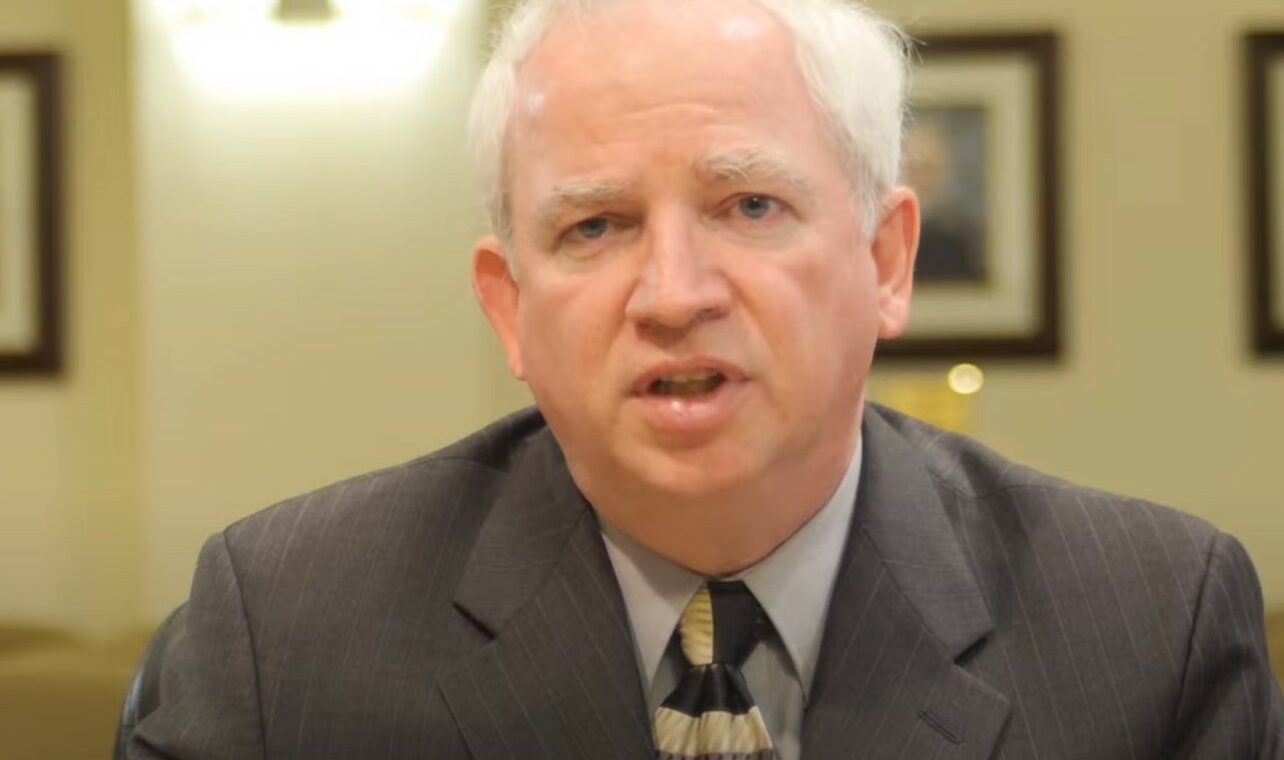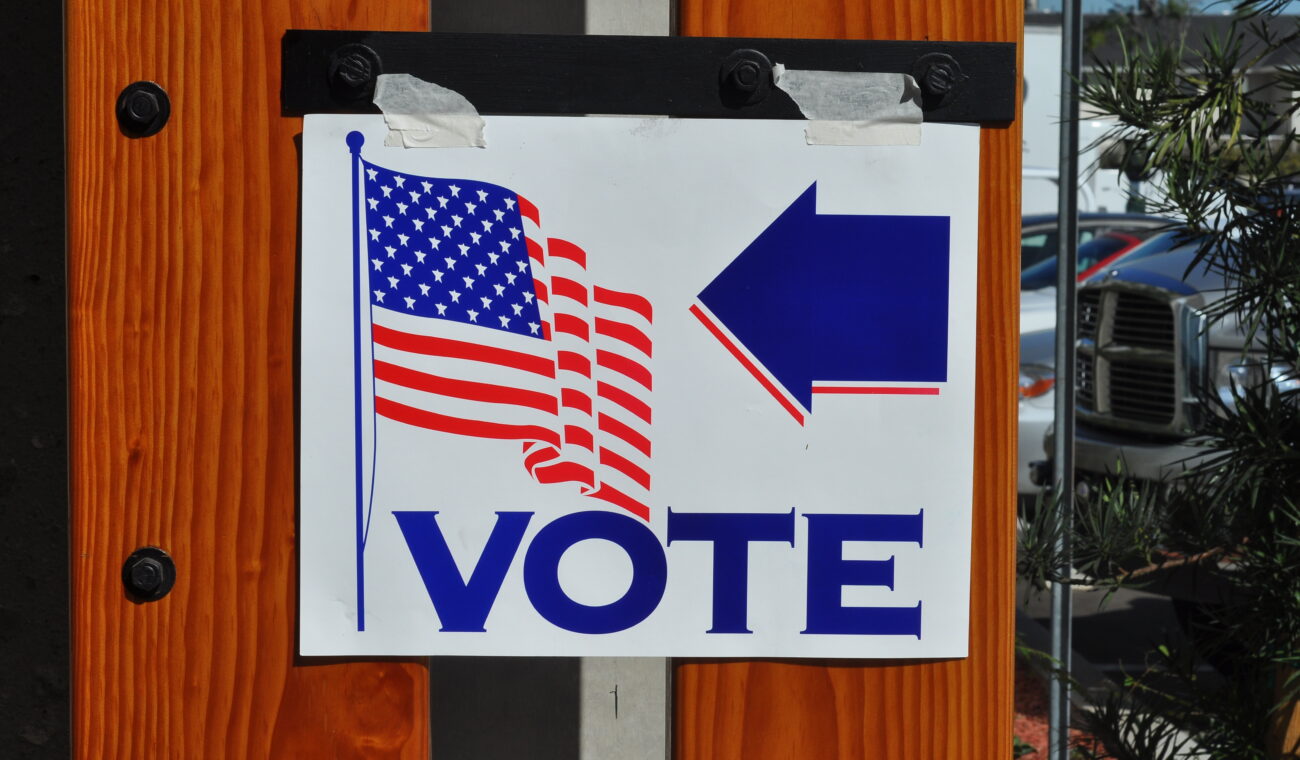Republicans move to exert new control over election oversight ahead of 2024
Republican officials in North Carolina, Texas, Georgia, and Wisconsin have enacted various new rules and regulations to increase their control over elections ahead of the 2024 presidential race. Critics say these changes in who oversees elections and in what way they oversee them could shift the balance of power to the Republicans or lead to partisan stalemates when high-stakes Senate and presidential contests are on the ballot. According to Megan Bellamy at the Voting Rights Lab, “These state legislators are seeking new powers over
Ten years of a crippled Voting Rights Act: how states make it harder to vote
In 2013, the United States Supreme Court ended the pre-clearance requirement in a landmark case called Shelby county v Holder. Under pre-clearance, states with a history of suppressing voters were required to submit any voting changes for approval from the federal government before enacting them, but, after the Supreme Court’s 5-4 decision in Shelby county v Holder, they no longer have to. Over the past 10 years, Helen Butler and a coalition of activists have taken on the task of monitoring local election boards
Lawyer Eastman Faces a Disciplinary Hearing Over a Plot to Keep Trump in Power After His Loss
Conservative attorney John Eastman is facing disbarment for allegedly devising a plan to keep Donald Trump in the White house after losing the 2020 presidential election. Eastman is expected to testify before the State Bar of California this week in a proceeding which could result in losing his license to practice law in the state. Mr. Eastman faces 11 disciplinary charges regarding his development of a questionable legal strategy aimed at helping Trump remain in power by disrupting the counting of state electoral votes.
Tennessee Democrats expelled over protests win primaries for their old seats
Justin Jones and Justin J. Pearson, two Democratic state representatives in Tennessee who were expelled by Republicans over gun violence protests, both won primary races for their old seats last Thursday night. Preliminary results show that not only did the representatives win their primaries, they won overwhelmingly. The primary victories could serve as a message to Tennessee Republicans that Jones and Pearson retain significant support in their districts and could also provide momentum for advocates of gun legislation ahead of a special session scheduled
Ohio Supreme Court rules in favor of August election that could preserve abortion ban
The Ohio Supreme Court ruled last week in a 4-3 decision that an August election scheduled by Republican lawmakers, which could make it harder for abortion rights supporters to amend the state constitution, can proceed. The ballot measure in the upcoming election allows voters to decide whether to raise the threshold of support required for future state constitutional amendments to 60%, currently only a majority is needed. The ruling is a significant blow to reproductive rights advocates, who had filed a suit to prevent





